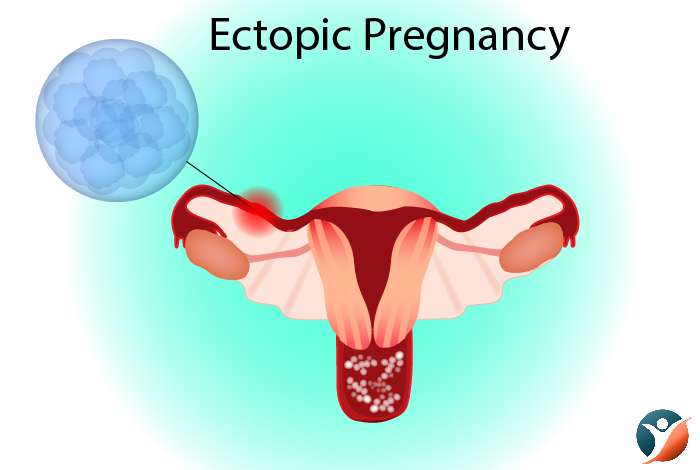
Ectopic Pregnancy – Symptoms, Causes, Diagnosis and Treatment

Table of Content
- Overview and Statistical Facts
- Types and Symptoms
- Risk Factors of Ectopic Pregnancy
- Do I have An Ectopic Pregnancy?
- Causes and Prevention
- Diagnosis and Tests
- Treatment and Care
- OTC or Self-Management Methods
- Natural Ways to Cure Ectopic Pregnancy
- Health Tip by Experts
Overview and Statistical Facts of Ectopic Pregnancy
For pregnancy to occur, the ovary releases an egg that travels through the fallopian tube, gets fertilized with a sperm and forms a zygote. The zygote remains in the fallopian tube for 3 or 4 days and then descends down to get attach itself to uterus.
But when the fertilized egg gets attached to the fallopian tube or somewhere in the abdomen, it leads to development of ectopic pregnancy. When the fertilized egg gets attached to the fallopian tube, it is called tubal pregnancy. It can get attached to other areas of the body as well, like ovary, cervix or abdominal cavity.
Ectopic pregnancy is quite a dangerous situation and can turn life threatening if it is left untreated. It cannot proceed normally as the fertilized egg cannot survive and the increasing tissue mass can cause excessive bleeding that can become fatal. [1]
As per the statistics, 6 to 16% of pregnant women going to an emergency department in the first trimester complaining of pain, bleeding or both have ectopic pregnancy. One in every fifty pregnancies in the U.S. is an ectopic pregnancy. Bleeding from ectopic pregnancy is responsible for 4 to 10% of all maternity related deaths and is the leading cause of death in the first trimester.
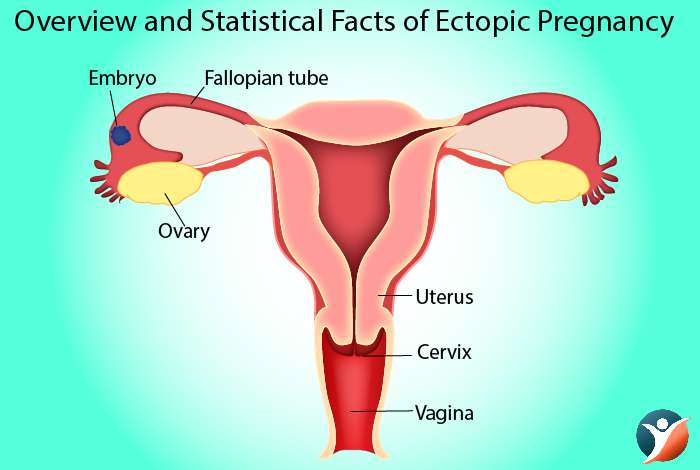
Types and Symptoms of Ectopic Pregnancy
Ectopic pregnancies are classified as per the exact area in which implantation takes place. Following are the different types of ectopic pregnancies
Types and Symptoms of Ectopic Pregnancy
1. Tubal pregnancy
When the fertilized egg attaches itself to the fallopian tube, it is called tubal pregnancy. It is the most common type of ectopic pregnancy. It can be further classified according to the region of fallopian tube in which the attachment takes place:
• At the fimbrial end
• At the ampulary section
• In the isthmus of fallopian tube
• In the cornual and interstitial part
2. Non-tubal ectopic pregnancy
Approximately 2% of all ectopic pregnancies develop in other areas of the body including the cervix, ovary and the intra-abdominal region.
3. Heterotopic pregnancy
Rarely, one fertilized egg gets implanted inside the uterus and the other gets implanted outside the structure. Since ectopic pregnancy is painful in nature, it is discovered before the intrauterine pregnancy. If the levels of human chorionic gonadotropin hormone continue to increase even after the ectopic pregnancy has been removed, there is a possibility that the intrauterine pregnancy might still be viable.
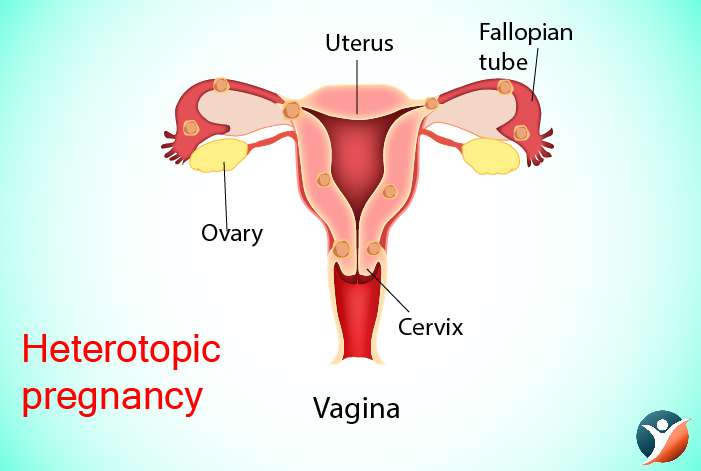
Symptoms of Ectopic Pregnancy
It is possible that you might not observe any symptoms in the beginning of an ectopic pregnancy. However, a few women show the usual symptoms of pregnancy like breast tenderness, missed period and nausea.
If a pregnancy test is taken, it will come out positive. Still, an ectopic pregnancy will not continue as a normal pregnancy.
With time, the signs and symptoms of ectopic pregnancy increase when the egg starts to grow in improper place.

1. Early warning of ectopic pregnancy
In most of the cases, pelvic pain is one of the first signs of an ectopic pregnancy. There can be light vaginal bleeding as well.
If blood starts to leak from the fallopian tube, there might be an increase in the abdominal pain, you will feel an urge to have a bowel movement or just experience some pelvic discomfort.
In case heavy bleeding or hemorrhage starts, you might experience shoulder pain as blood starts to fill your abdomen and pelvis. The symptoms of ectopic pregnancy are rather tailored according to the region in which blood accumulates and the nerves that get irritated.
2. Emergency symptoms
When the fertilized egg continues to grow in the fallopian tube, it might lead to rupturing of the tubes, causing heavy bleeding in the abdomen. Some of the symptoms of this potentially life-threatening situation include fainting, lightheadedness, shock and severe abdominal pain.
Risk Factors of Ectopic Pregnancy
Some of the factors that predispose you to develop ectopic pregnancy are as follows:
1. Age
Although any woman in the child bearing age who is sexually active with a male member can develop ectopic pregnancy, but the highest likelihood of a woman to have ectopic pregnancy occurs when the woman is in the age group of 35 to 44 years.

2. History
Risk of having another ectopic pregnancy increases when there is a prior history of an ectopic pregnancy.
3. Fallopian tube abnormalities
If there is any disruption in the normal architecture of fallopian tubes, it can increase the risk of developing an ectopic pregnancy in fallopian tube or at other locations
4. Previous gynecological surgeries
Any scarring or disruption in the normal anatomy of fallopian tubes like tubal reconstruction or sterilization procedures can increase the risk of developing an ectopic pregnancy.
5. Infections
An infection in the pelvis, called a pelvic inflammatory disease, can also increase the risk of an ectopic pregnancy. Sexually transmitted diseases like chlamydia, gonorrhea can also cause pelvic infection and can lead to ectopic pregnancy. Infections block or damage the fallopian tubes and therefore increase the risk of ectopic pregnancy. Even non-sexually transmitted infections have the potential to cause ectopic pregnancy. There are small hair like projections known as cilia lining the inner walls of fallopian tubes. These cilia are important to smoothly transport the egg from the ovary, via the fallopian tube and into the uterus. If these cilia get damaged due to infection, this transport becomes disrupted. Ectopic pregnancy results when the fertilized egg gets settled in the fallopian tube without reaching the uterus. Similarly, scarring resulting from infection and partial blockage of fallopian tubes is also responsible for resulting in ectopic pregnancy.

6. Multiple sex partners
Multiple sex partners can increase a woman’s chances of contracting pelvic infections. Also, having multiple sex partners increase the chances of developing ectopic pregnancy.
7. Gynecological conditions
Gynecological conditions like tumors, fibroid, endometriosis and pelvic adhesions can narrow the fallopian tubes and disrupt the transportation of egg, thereby raising the chances of having an ectopic pregnancy.
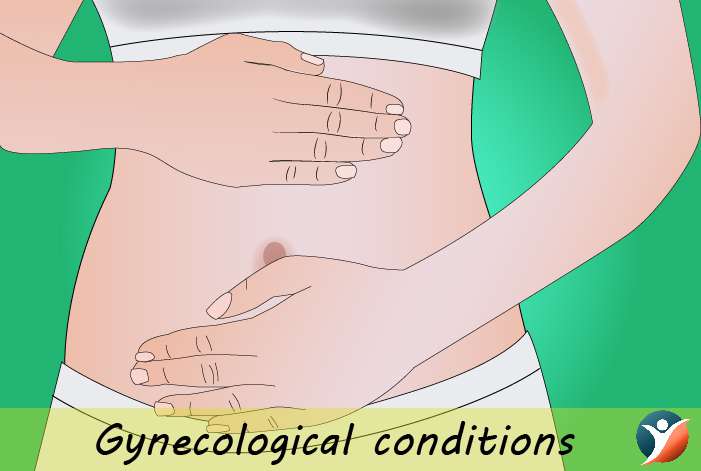
8. Use of Intrauterine Device
Nearly in half of the women who use IUDs, pregnancies are located outside the uterus. However, in most of the women using intrauterine devices (IUDs), pregnancy does not occur. Therefore, the total number of ectopic pregnancies related to IUDs is extremely low.
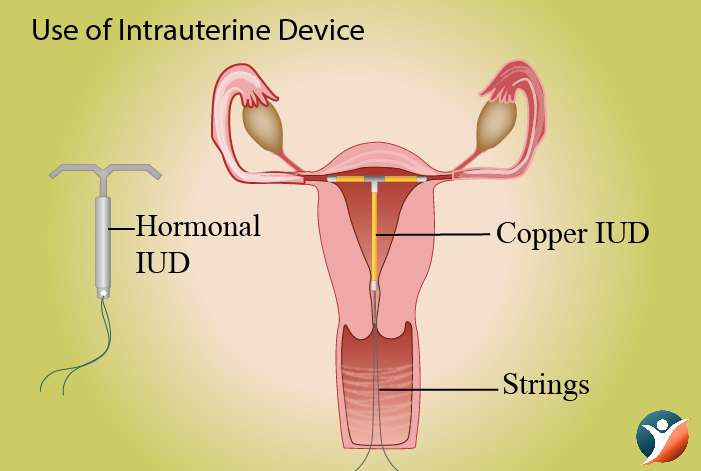
9. Smoking Cigarette
A woman who smokes cigarette around the time she becomes pregnant, it increases the risk of developing ectopic pregnancy. This risk is known to be dose dependent.

10. Infertility
A woman who has a history of infertility has a much larger chances of ectopic pregnancy.
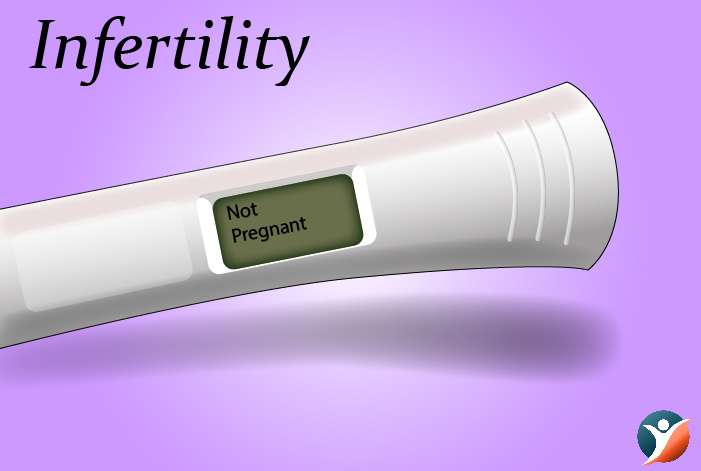
11. Other causes
Some of the other reasons that increases the chances of having an ectopic pregnancy are:
• Infection
• Congenital abnormalities
• Tumors of the Fallopian tubes
Do I have An Ectopic Pregnancy?
If you are a sexually active woman in the child bearing years and you experience sharp pain in your abdomen, shoulder, pelvis or neck, dizziness, rectal pressure or severe pain occurring in one side of the abdomen, it is possible that you might have an ectopic pregnancy. If you observe these symptoms, it is important you rush to an emergency center and get yourself checked.

Causes and Prevention of Ectopic Pregnancy
The exact cause of an ectopic pregnancy is not known. In some of the cases, following causes of ectopic pregnancy have been identified:
• inflammation and scarring of the fallopian tubes from a previous medical condition, infection, or surgery
• genetic abnormalities
• hormonal factors
• birth defects
• medical conditions that affect the shape and condition of the fallopian tubes and reproductive organs
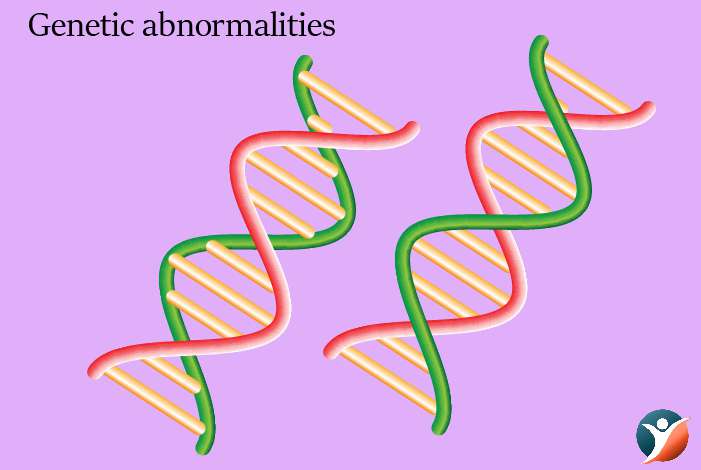

Prevention of Ectopic Pregnancy
There is no exact way to prevent an ectopic pregnancy, but here are a few ways by which you can decrease your risk:
•Limit your number of sexual partners.
•Don’t smoke. If you do, quit before you try to get pregnant.
•Always use a condom during sex to help prevent sexually transmitted infections and reduce your risk of pelvic inflammatory disease.
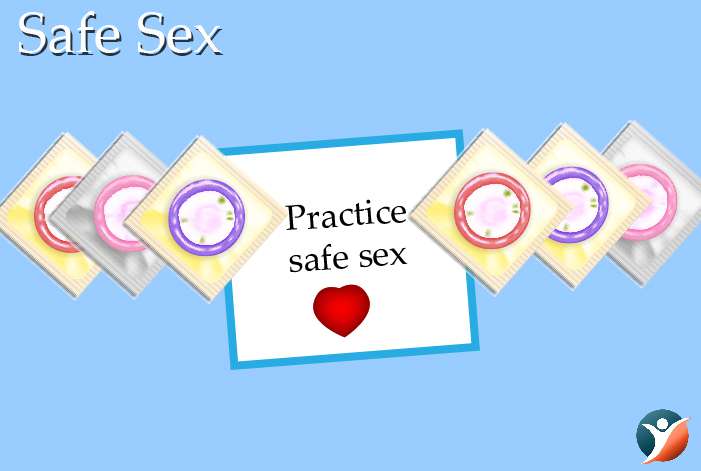

Diagnosis and Tests of Ectopic Pregnancy
Just by physical examination no one can diagnose an ectopic pregnancy. Using a pelvic exam, your doctor will identify areas of tenderness, pain or a mass in the fallopian tube or your ovary. Therefore, blood tests and ultrasound are needed to diagnose ectopic pregnancy. [2]
1. Pregnancy test
The levels of human chorionic gonadotropin (hCG) hormone increases when a woman becomes pregnant. Therefore, a test can be ordered by your doctor to determine whether the woman is pregnant or not. This test will be repeated after a few days until ultrasound confirms ectopic pregnancy, that is usually done about 5-6 weeks after conception.
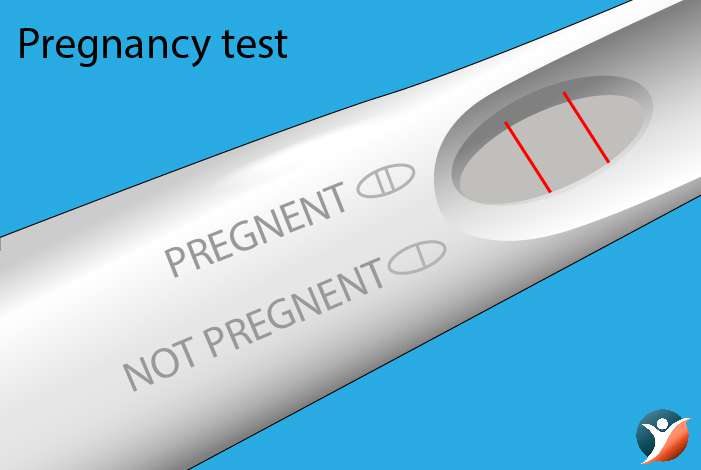
2. Ultrasound
A trans-vaginal ultrasound will allow your doctor to determine the exact location of pregnancy. For this, a wand-like device is placed inside the vagina, which uses sound waves for creating images of the ovaries, uterus and fallopian tubes and transfers the pictures to a monitor. An abdominal ultrasound might also be used for confirming your pregnant status and evaluate internal bleeding.
3. Other blood tests
A complete blood test will be done to determine whether the woman has anemia or other signs of blood loss. If there is a diagnosis of an ectopic pregnancy, further tests will be done to determine the treatment course.
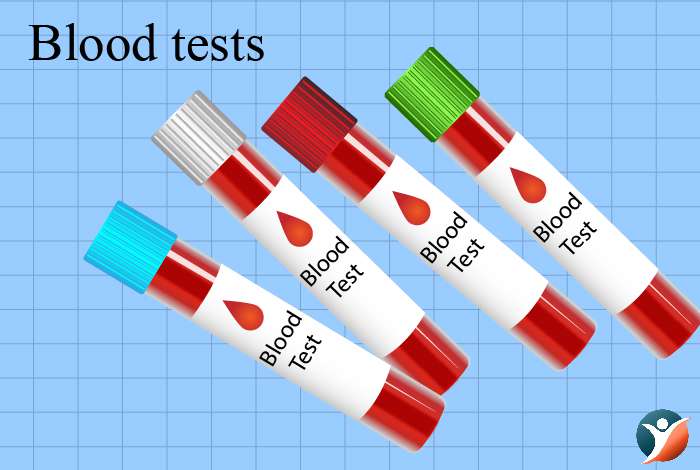
Treatment and Care for Ectopic Pregnancy
A fertilized egg cannot develop normally outside the uterus. In order to prevent life-threatening complications arising from ectopic tissue needs to be removed. When an ectopic tissue is discovered, depending on your symptoms your treatment course will be decided. [3]
1. Medication
When an ectopic pregnancy is discovered that is without an unstable bleeding, it is treated with methotrexate which is known to arrest cell growth and dissolves the existing cells. After the treatment, another hCG test will be done in order to determine how well the treatment is working and whether there is a need for more medicine.

2. Laparoscopic procedure
A laparoscopic surgery can be done to treat the ectopic pregnancy. A small incision is made in the abdomen and a thin tube equipped with a camera is introduced in the body. Then the ectopic tissue is removed and then the tube is either removed (salpingectomy) or repaired (salpingostomy).
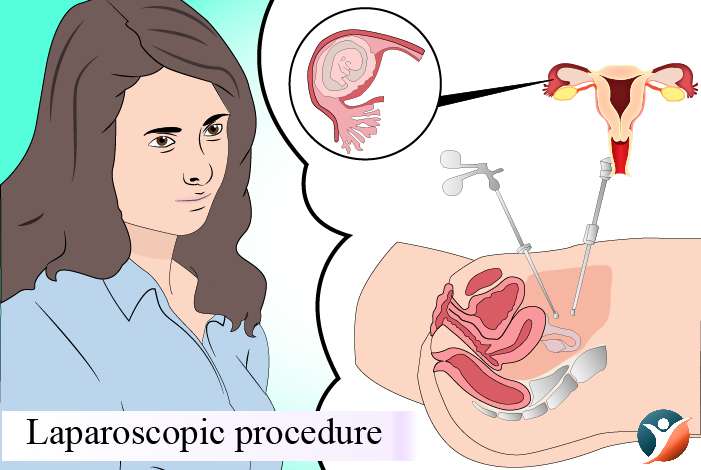
3. Emergency surgery
If there is heavy bleeding due to ectopic pregnancy, an emergency surgery might be done. Either the fallopian tube is removed or the ruptured tube is removed.
Any OTC or Self-Management Methods Available for treating Ectopic Pregnancy
There are no over the counter medicines for treating ectopic pregnancy.
However, it is quite devastating to lose a pregnancy, even if it has been there for a small amount of time. It is important that you recognize the risk and give yourself some time to grieve. Talk about your feelings and open yourself up to feel them. Rely on your partner, friends and family. You might also reach out and seek the help of a support group, mental health provider or a grief counselor.
There are a number of women who go on to have healthy pregnancies later in life because a woman has two fallopian tubes. Even if one is damaged or removed, the other one can be useful. Also, in vitro fertilization might be an option for these women where mature eggs get fertilized in a lab and are implanted directly into the uterus.
If you have had an ectopic pregnancy, it is important that you get regular checkups with your doctor. If you become pregnant, it is important that you have early blood tests and ultrasound exams so as to ensure that your pregnancy is developing normally and safely.
Natural Ways to Cure Ectopic Pregnancy
Ectopic pregnancy is a life-threatening situation that can easily turn fatal. We suggest you should not go for any home remedies for treating ectopic pregnancy.
Health Tip by Experts
Sometimes the best thing to do is to be have faith that everything is going to be fine.




